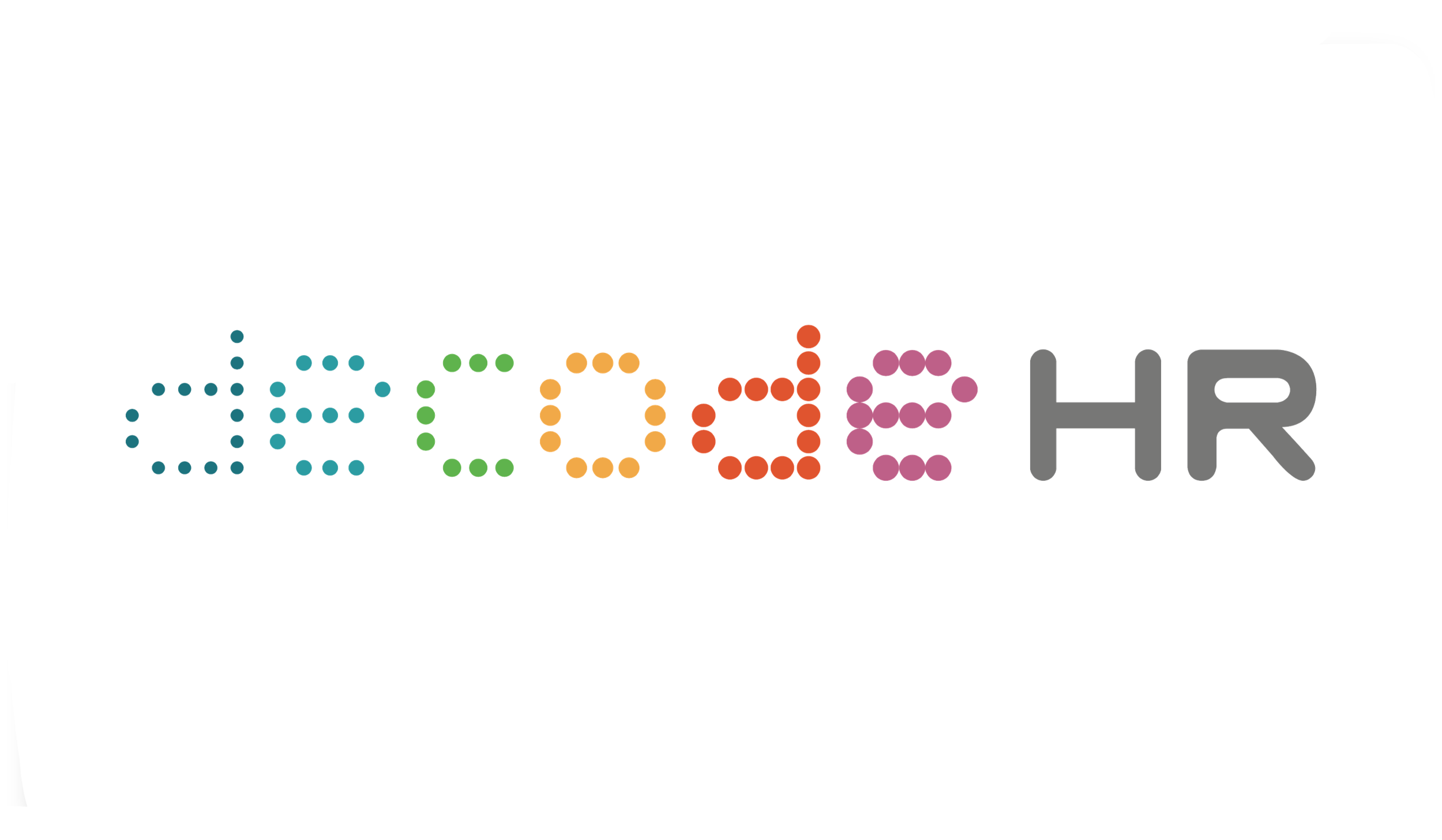Why Cover Letters Still Matter
Reading time: 5 mins
Photo: Freepik
With the rise of digital applications and automated processes, the relevance of cover letters in today's job market has become a subject of debate. Some argue that cover letters have become obsolete as employers increasingly rely on automated applicant tracking systems (ATS) and focus on the content of resumes. However, a well-written cover letter remains an invaluable tool for job seekers like you to differentiate yourself and leave a lasting impact on potential employers. Here are some reasons why.
The Importance of a Compelling Cover Letter
Demonstrate Genuine Interest: A cover letter serves as a platform for you to showcase your enthusiasm and interest in the position and company. Unlike a formal and structured resume, a cover letter allows you to express your passion and alignment with the organisation's values and mission. Employers value candidates who take the time to understand their company and show a strong interest in being part of their team.
Personalise Your Story: A well-crafted cover letter is more than just a summary of qualifications; it is an opportunity to tell a persuasive story that complements your CV. You can share your career journey, emphasise key achievements, and demonstrate how your skills align with the job requirements. By weaving a narrative that resonates with the company's needs and goals, you can create a memorable first impression and stand out from the crowd.
Showcase Soft Skills: While your resume highlights your technical skills and work experience, a cover letter provides space to demonstrate in-demand soft skills such as critical thinking, adaptability, and problem-solving. Exhibiting these essential attributes can portray you as a well-rounded individual, who can be a valuable asset to the organisation.
Tips for Writing an Effective Cover Letter
Tailor Your Cover Letter: Make sure you customise the content for every application you submit. Address the letter to the hiring manager by name if possible. Research the company's values, culture, and recent achievements, and demonstrate how your skills and experiences align with their goals.
Begin with Impact: Create a strong opening statement that makes clear why you want the job and what you bring to the table. Consider starting with an engaging anecdote, a compelling statistic, or a powerful statement about your passion for the industry or the company.
Match Your Skills and Experiences to the Job Requirements: Carefully analyse the job description to identify key skills and qualifications sought by the employer. Draw parallels between the required skills and your own capabilities, providing specific examples and quantifying achievements to strengthen your impact.
Keep it Brief: A good length for a cover letter is up to a page. Be concise and to the point, avoiding unnecessary detail or information already covered in your resume. Use clear and direct language to maintain the reader's interest.
End Positively: In your closing paragraph, reiterate your interest in the position and express your enthusiasm about the opportunity to discuss your qualifications further. Thank the employer for their time and consideration and provide your contact information for follow-up.
Although the digital age has undoubtedly changed the landscape of job applications, cover letters still play a vital role by providing a personal touch and an additional opportunity to present yourself as the ideal candidate for the job. To help you get started, we have prepared a template that you can use as a foundation for your own personalised cover letter.
Remember, a well-written cover letter creates a memorable first impression, so invest the necessary time and effort to craft one that stands out and enhances your chances of securing that coveted interview.






